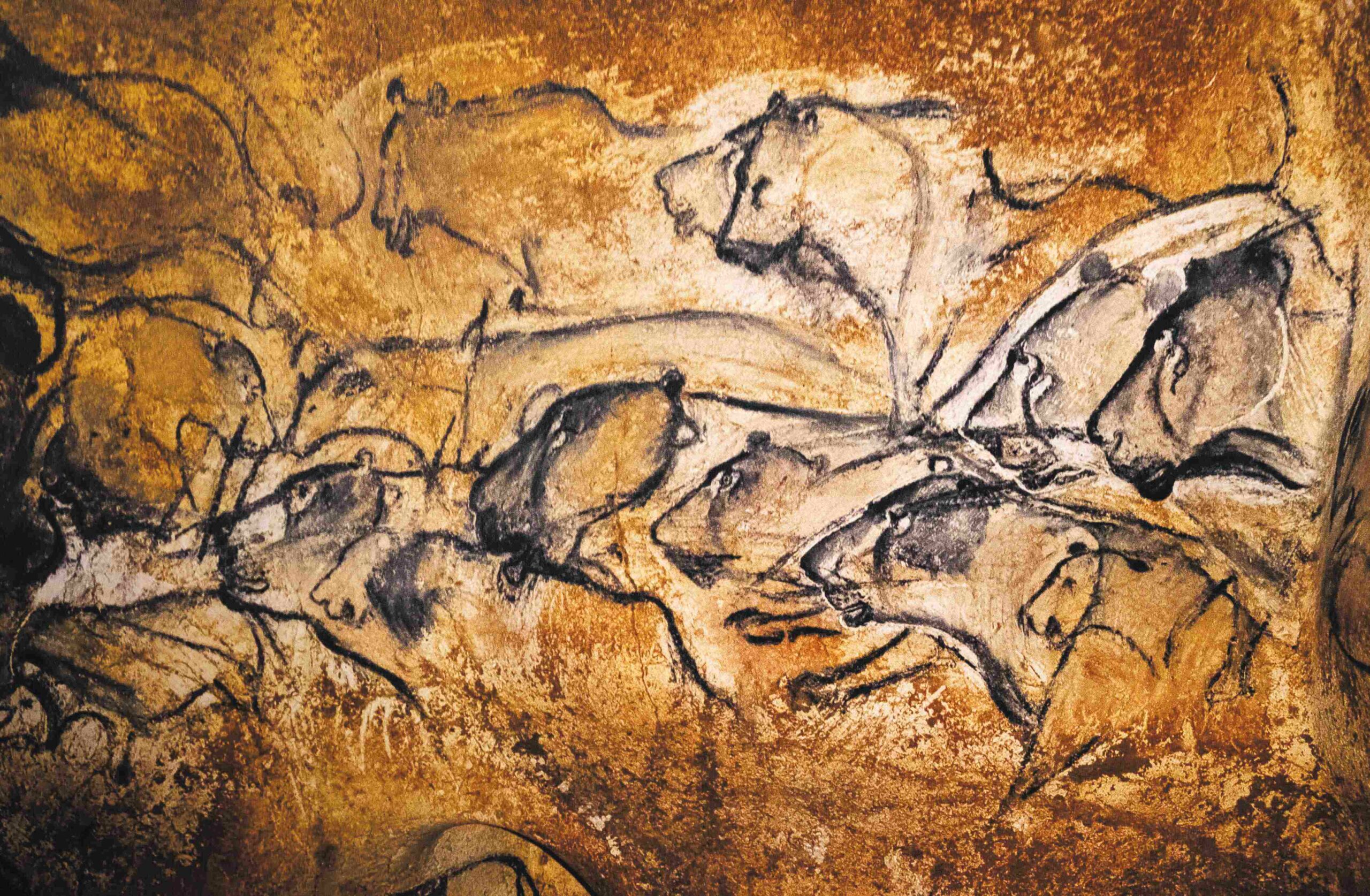CAMBRIDGE, ENGLAND—According to a statement released by the University of Cambridge, evolutionary anthropologist Nikhil Chaudhary of the University of Cambridge and his colleagues suggest that the infants of ancient hunter-gatherers were likely to have received attentive care and physical contact for approximately nine hours a day from about 15 different caregivers. Chaudhary and his team members drew this conclusion after working with Mbendjele BaYaka hunter-gatherers who now live in what is now the Republic of Congo. They found that the children of the Mbendjele BaYaka often have more than 10 caregivers, and sometimes more than 20. These people, including older children and adolescents, support the mother in responding to more than half of her baby’s cries, resulting in improved maternal rest and well-being and thus enhanced maternal care. The young people also gain childcare experience. “For more than 95 percent of our evolutionary history, we lived as hunter-gatherers,” Chaudhary said. “Therefore, contemporary hunter-gatherer societies can offer clues as to whether there are certain child-rearing systems to which infants, and their mothers, may be psychologically adapted,” he theorized. Read the original scholarly article about this research in Developmental Psychology. To read about the earliest known infant burial in Europe dating to about 10,000 years ago, go to "UPDATE: Mesolithic Baby Carrier."
Hunter-Gatherer Childcare Studied
News November 14, 2023
Recommended Articles
Off the Grid January/February 2026
Prophetstown, Indiana
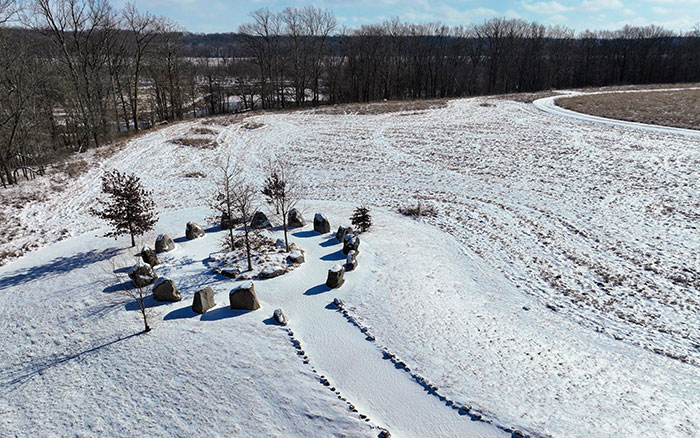
Letter from France January/February 2026
Neolithic Cultural Revolution
How farmers came together to build Europe’s most grandiose funerary monuments some 7,000 years ago
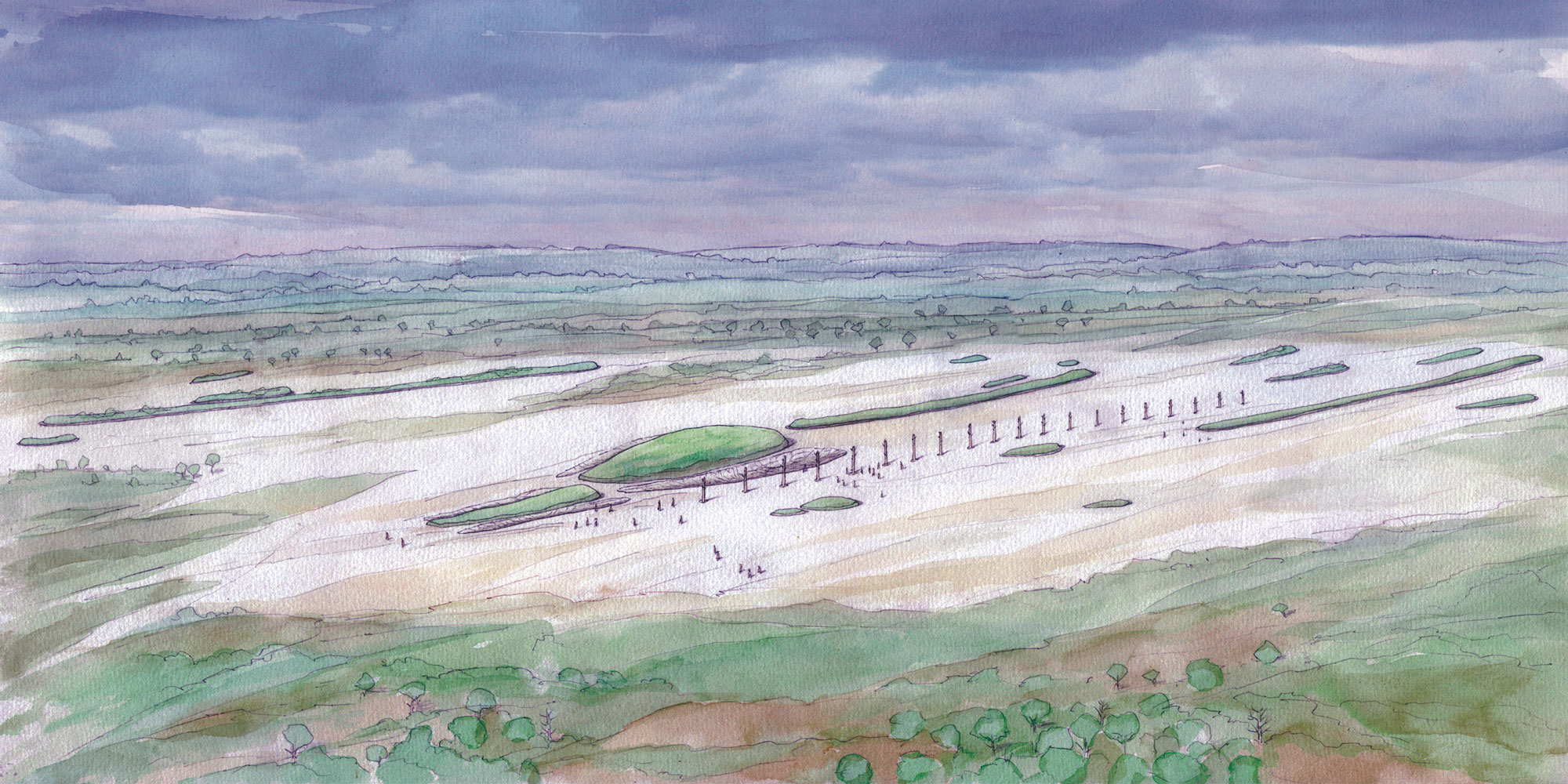
Features January/February 2026
The Cost of Doing Business
Piecing together the Roman empire’s longest known inscription—a peculiarly precise inventory of prices

Features January/February 2026
The Birds of Amarna
An Egyptian princess seeks sanctuary in her private palace
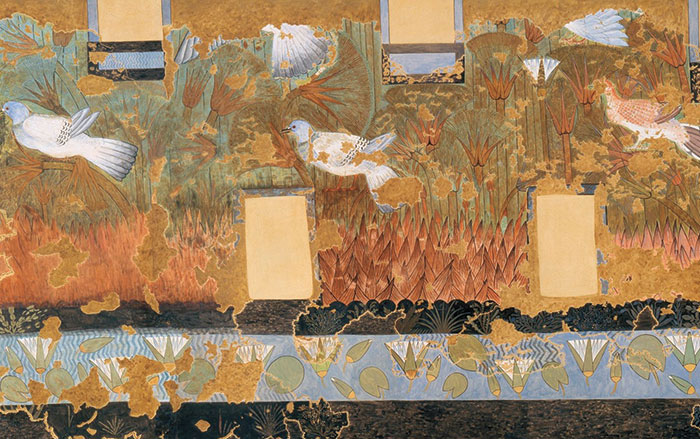
-
Features September/October 2023
Ukraine's Lost Capital
In 1708, Peter the Great destroyed Baturyn, a bastion of Cossack independence and culture
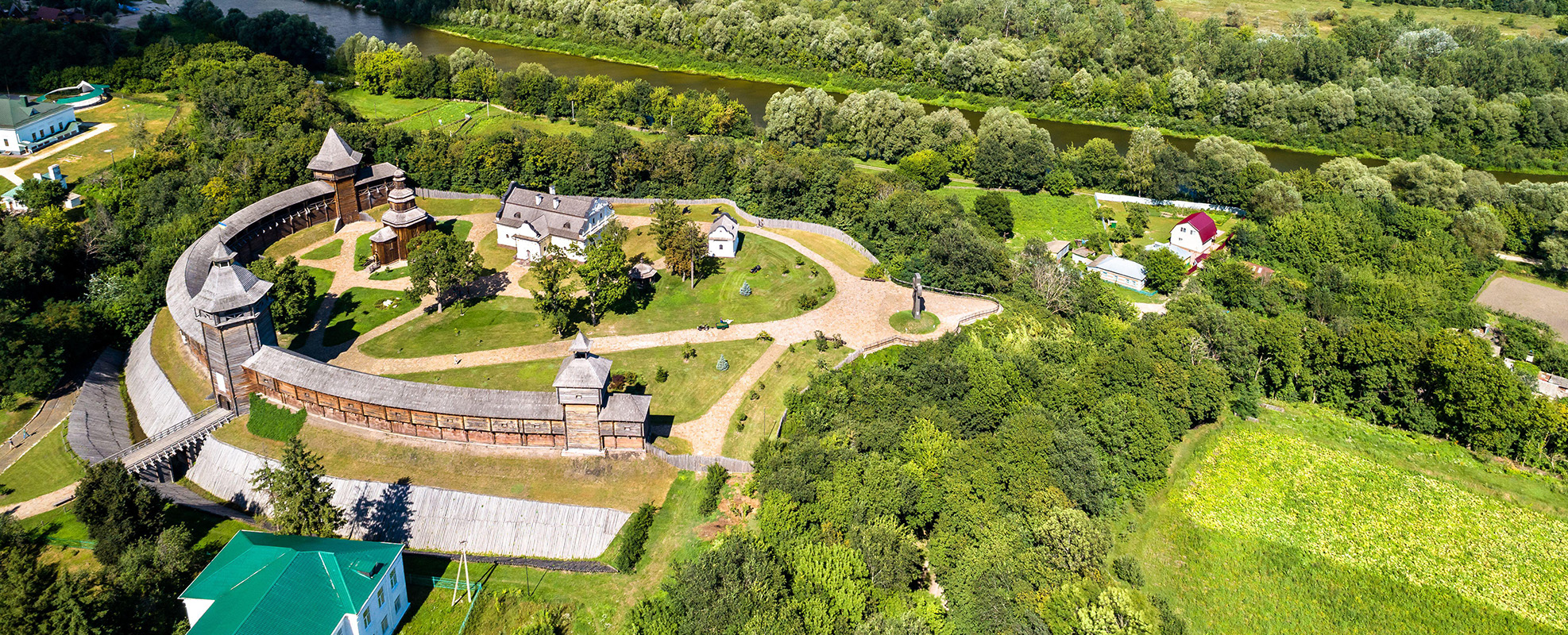 (Leonid Andronov/Alamy Stock Photo)
(Leonid Andronov/Alamy Stock Photo) -
Letter from Vesuvius September/October 2023
Digging on the Dark Side of the Volcano
Survivors of the infamous disaster rebuilt their lives on the ashes of the a.d. 79 eruption
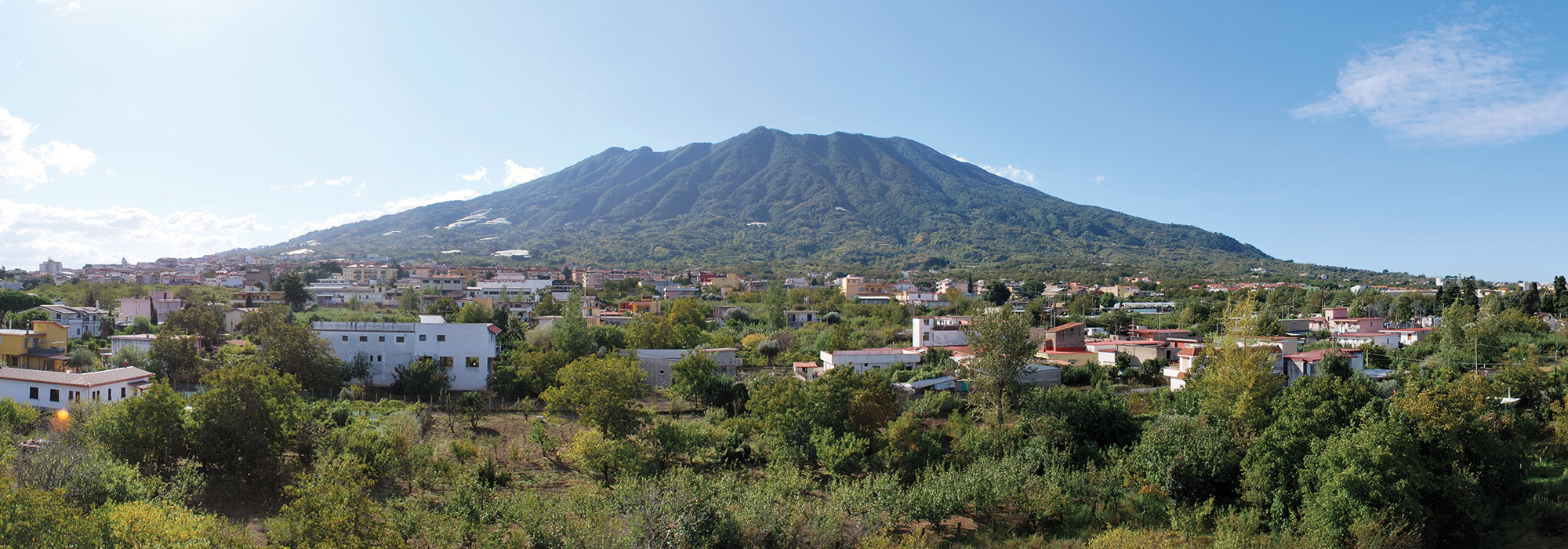 (Courtesy Girolamo Ferdinando De Simone)
(Courtesy Girolamo Ferdinando De Simone) -
Artifacts September/October 2023
Padlock
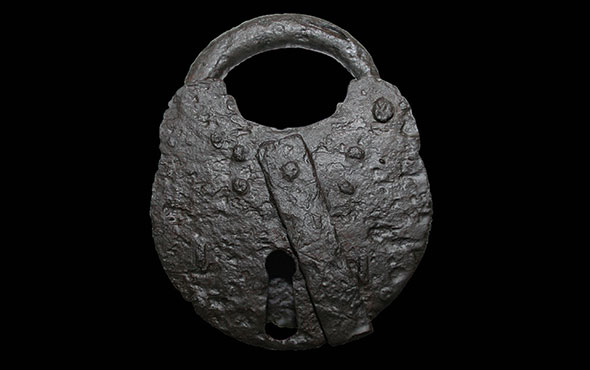 (Courtesy James Davidson)
(Courtesy James Davidson) -
Digs & Discoveries September/October 2023
Nose to Tail
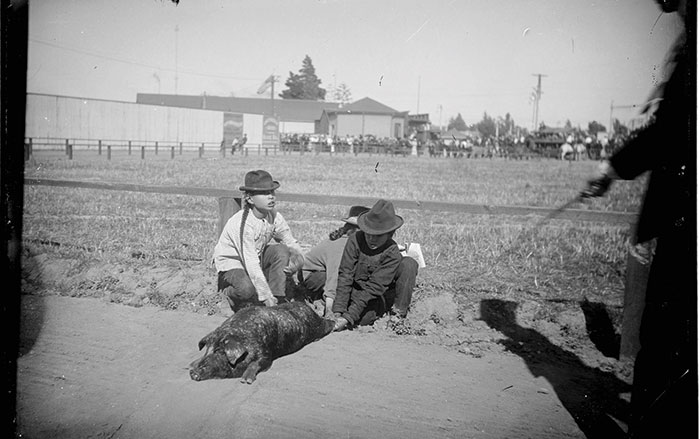 (Lisa See collection. The Huntington Library, San Marino, California)
(Lisa See collection. The Huntington Library, San Marino, California)


